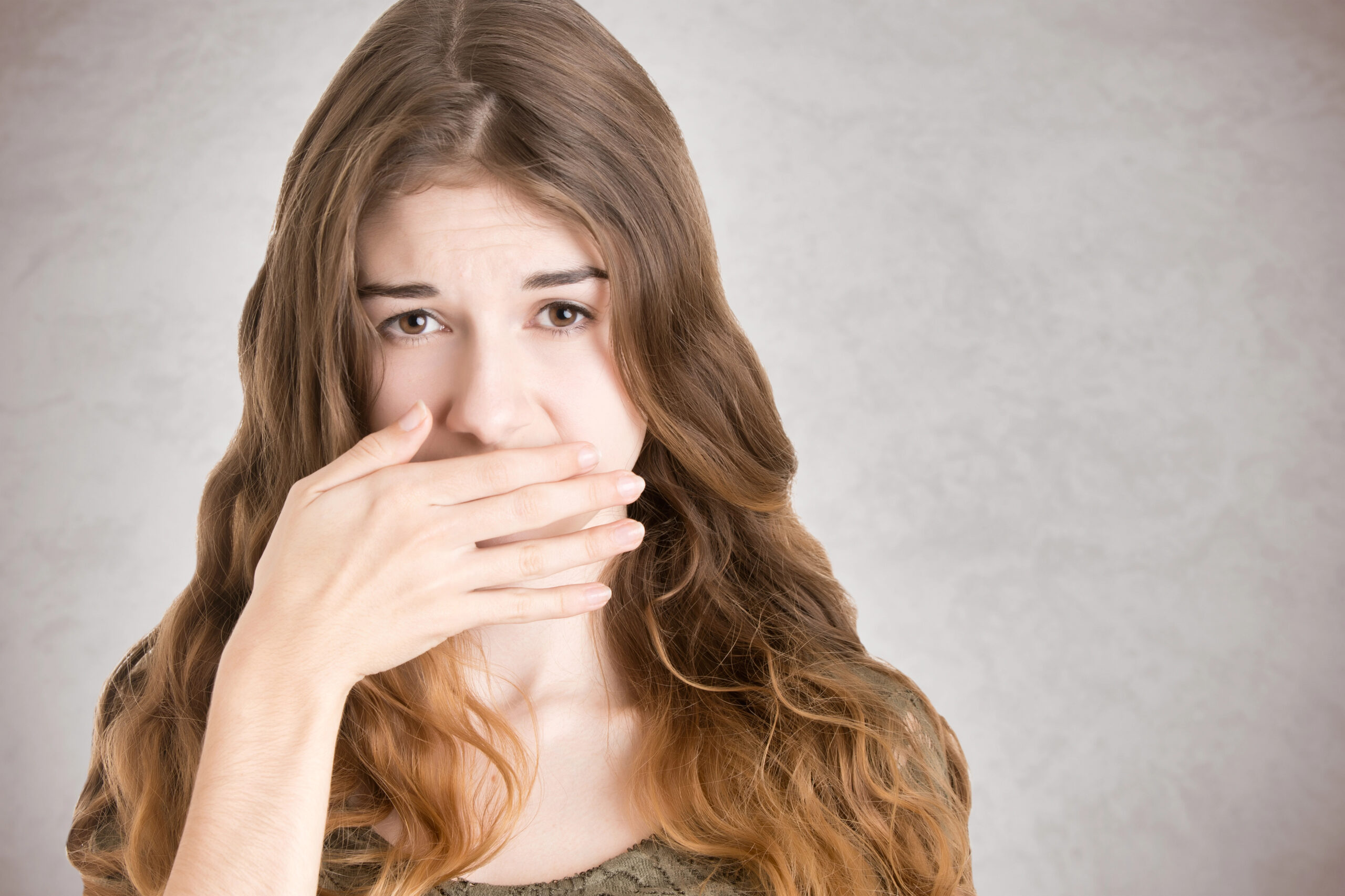Common Causes of Bad Breath and How to Combat Them
Bad breath is a common issue that affects people of all ages. Whether it comes and goes occasionally or if its a constant issue, bad breath can bring a lot of discomfort in social and professional situations. The good news is that understanding the causes of bad breath can help you regain fresh breath.
At Brandon Smiles Dentistry, we’re here to shed light on the common causes of bad breath and offer practical solutions to combat it effectively. Let’s explore the underlying reasons behind bad breath and what you can do to keep your breath fresh all day long.
What Causes Bad Breath?
Usually, the cause of bad breath can often be found in the mouth. But, it can also stem from other areas of the body. Here are some of the most common culprits of bad breath:
- Poor Oral Hygiene: Inadequate brushing and flossing allow food particles to remain in your mouth, creating an environment for bacteria to thrive. These bacteria break down the food particles, releasing bad smelling gases that contribute to bad breath.
- Gum Disease: Gum disease, or periodontal disease, is another significant contributor to bad breath. When plaque builds up along the gumline, it can cause gum inflammation and infection. Bacteria associated with gum disease release unpleasant odors leading to bad breath.
- Certain Foods and Drinks: Garlic, onions, coffee, and spicy foods are notorious for causing bad breath. These foods contain compounds that are absorbed into your bloodstream and released through your lungs when you breathe.
- Dry Mouth: Saliva plays a crucial role in keeping your mouth clean by washing away food particles and bacteria. When saliva production decreases, a condition known as dry mouth or xerostomia, bacteria can multiply, resulting in bad breath. Dry mouth can be caused by certain medications, dehydration, or breathing through your mouth.
- Smoking and Tobacco Use: Smoking and using tobacco products not only leave a lingering odor but also contribute to dry mouth and an increased risk of gum disease, both of which can exacerbate bad breath.
- Medical Conditions: In some cases, bad breath may be linked to underlying health issues, such as sinus infections, acid reflux, diabetes, or liver or kidney problems. These conditions can produce distinctive odors that affect your breath.
How to Combat Bad Breath
We have already discussed the most common causes of bad breath, now let’s talk about fixing them. Here are some effective strategies to keep your breath fresh:
- Practice Good Oral Hygiene: Brushing your teeth twice a day with fluoride toothpaste and flossing daily are essential for removing food particles and plaque that contribute to bad breath. Don’t forget to brush your tongue, as it can harbor bacteria and debris. Using an antimicrobial mouthwash can also help kill odor-causing bacteria.
- Stay Hydrated: Drinking plenty of water throughout the day helps keep your mouth moist and washes away food particles. Chewing sugar-free gum or sucking on sugar-free candies can stimulate saliva production and prevent dry mouth.
- Avoid Foods That Cause Bad Breath: While it’s not always possible to avoid your favorite foods, being mindful of garlic, onions, and other odor-causing foods can help. If you do indulge, brushing your teeth or rinsing your mouth afterward can minimize the impact.
- Quit Smoking: If you smoke or use tobacco products, quitting is one of the best things you can do for your breath and your overall health. Your dentist can provide resources and support to help you kick the habit.
- Treat Underlying Dental Issues: If gum disease or tooth decay is contributing to your bad breath, professional dental treatment is necessary. Regular cleanings, scaling and root planing, and restorative treatments can eliminate the sources of odor and improve your oral health.
- Address Medical Conditions: If bad breath persists despite good oral hygiene, consult your dentist or doctor to rule out underlying medical conditions. Treating the root cause of the issue can often resolve the problem.
When to See a Dentist
Occasional bad breath is normal, especially after eating pungent foods. However, if you experience persistent bad breath that doesn’t improve with brushing, flossing, and other home remedies, it’s time to schedule a dental appointment.
A dentist can identify the cause of your bad breath and recommend tailored solutions, whether it’s treating gum disease, addressing dry mouth, or providing tips for better oral hygiene. Regular check-ups and cleanings are essential for maintaining fresh breath and a healthy smile.
The Importance of Prevention
Preventing bad breath is easier than you might think. Regular dental visits, a consistent oral hygiene routine, and a healthy diet can go a long way in keeping your breath fresh. By staying proactive and addressing issues early, you can avoid the discomfort and embarrassment of chronic halitosis.
Combat Bad Breath with Brandon Smiles Dentistry
Bad breath doesn’t have to be a constant worry. By understanding its causes and taking steps to address them, you can enjoy fresh breath and greater confidence in your daily interactions. Whether it’s improving your oral hygiene routine, treating dental issues, or addressing underlying health concerns, the team at Brandon Smiles Dentistry is here to help.
If bad breath is affecting your quality of life, don’t wait to take action. Book an appointment with us today, and let us help you achieve a healthier smile and fresher breath you can feel good about!

